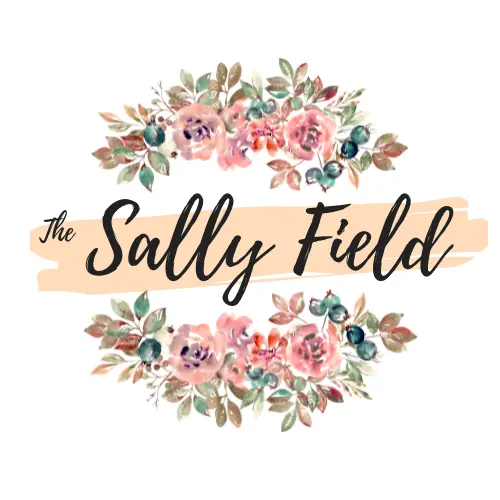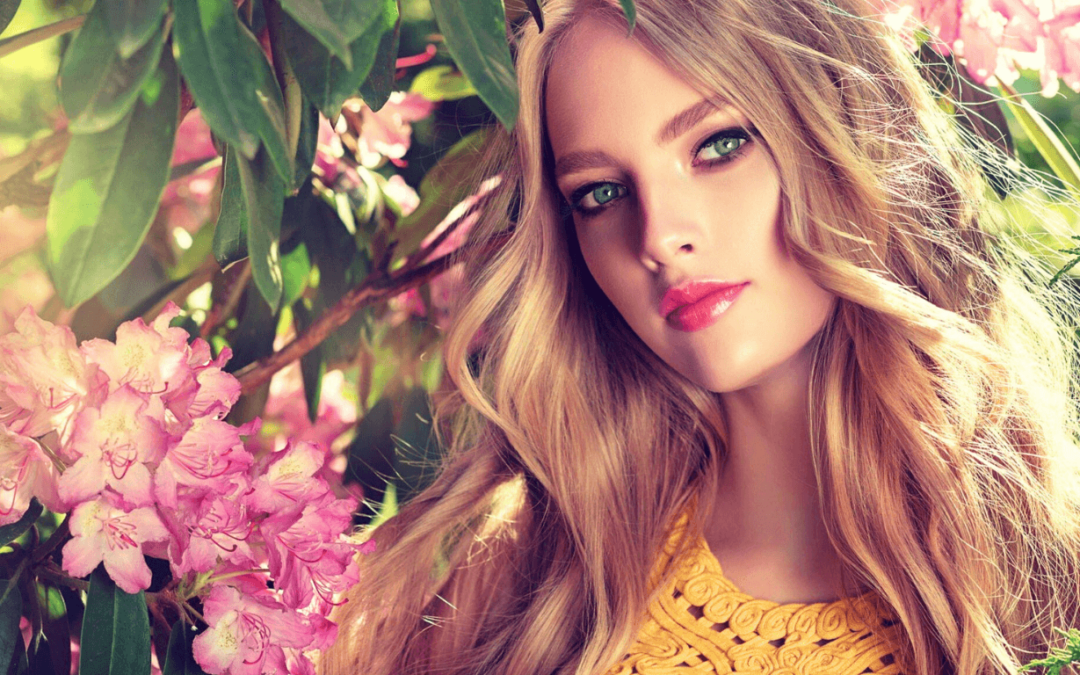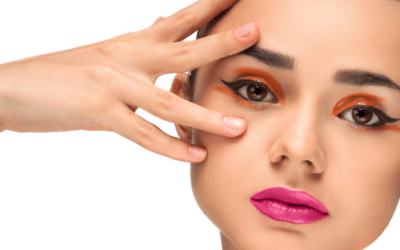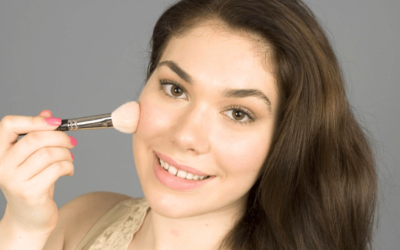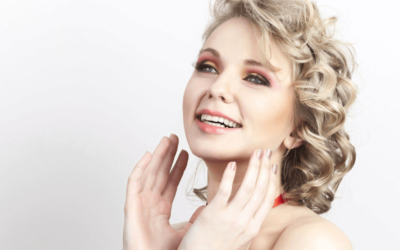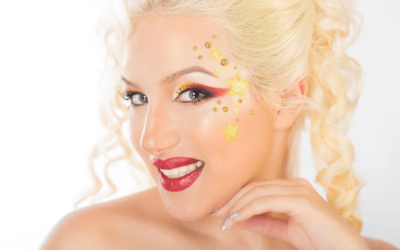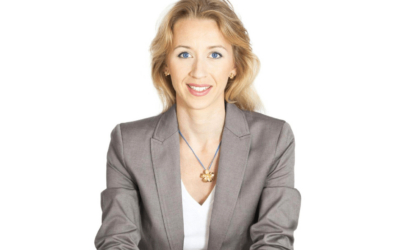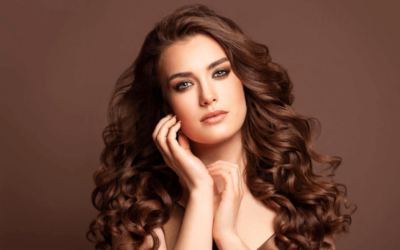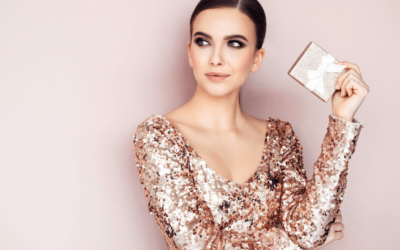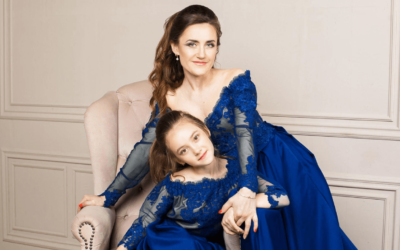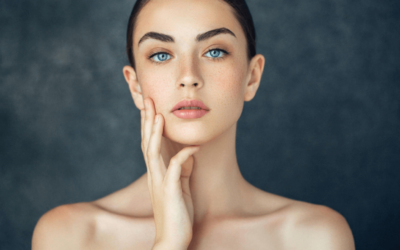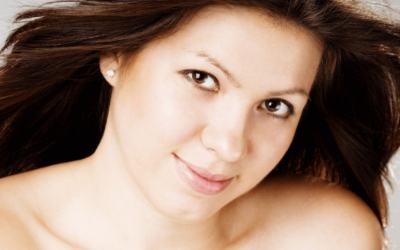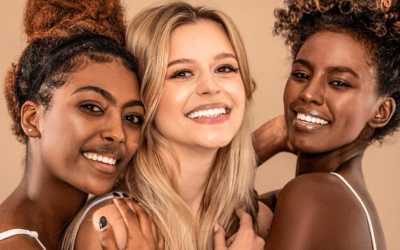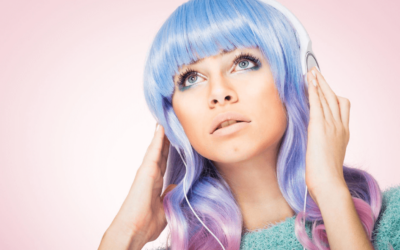In a world where appearances hold immense significance, the debate surrounding the impact of makeup continues to thrive. “Does makeup make a difference?” is a question that has echoed through countless conversations, social media debates, and self-reflection moments.
As we delve into the world of cosmetics, let’s unravel the layers, explore the psychology behind makeup, and discover the transformational potential it wields.
The Psychology of Makeup
Cosmetics and Self-Expression: Makeup is more than just a blend of pigments; it’s a form of self-expression that allows individuals to convey their personalities, moods, and feelings.
The strokes of a brush become an artistic outlet, telling a unique story with each application. From a bold red lip signifying confidence to smoky eyes exuding mystery, makeup serves as a visual language that communicates without words.
Boosting Confidence: The phrase “putting on your face” holds more truth than meets the eye. For many, makeup acts as a confidence booster, transforming the way individuals perceive themselves.
The ritual of applying makeup can instill a sense of empowerment, helping individuals to face challenges and uncertainties head-on.
The Art of Transformation
Enhancing Features: Makeup is akin to a magical wand that enhances one’s natural features. Skillfully applied foundation can create a flawless canvas, while contouring and highlighting play with light and shadows to sculpt the face.
The eyes, often referred to as windows to the soul, can be amplified through eyeshadows, liners, and mascaras, casting a captivating spell on anyone who gazes upon them.
Camouflaging Imperfections: In a world that celebrates unattainable standards of beauty, makeup offers a refuge for those seeking to conceal imperfections.
Blemishes, scars, and uneven skin tones can be artfully masked, providing individuals with a renewed sense of confidence and allowing them to navigate their daily lives without fear of judgment.
Societal Impact
Professional Arena: In the professional sphere, makeup can serve as a tool of empowerment. Studies have shown that individuals who wear makeup are often perceived as more put-together, competent, and capable.
This perception can play a pivotal role in career advancements, job interviews, and overall workplace dynamics.
Social Perception: Beyond the workplace, makeup can influence social interactions and first impressions. A well-executed makeup look can signal attention to detail, grooming, and an individual’s commitment to presenting their best self.
In a society where judgments are often formed within seconds, makeup becomes a powerful ally in curating a favorable initial perception.
Beyond the Surface
Emotional Connection: Makeup has the enchanting ability to evoke emotions and memories. A particular fragrance or lipstick shade can transport an individual back in time, triggering a flood of nostalgic sensations.
This emotional connection showcases the profound impact cosmetics can have on our psyche, weaving a tapestry of personal experiences and stories.
Self-Care Ritual: The act of applying makeup can be a therapeutic self-care ritual.
The gentle strokes of brushes, the soothing touch of makeup products against the skin, all contribute to a mindful experience that allows individuals to center themselves in the present moment.
This ritualistic aspect of makeup adds a layer of depth to its transformative capabilities.
Makeup’s Influence Unveiled
In the grand tapestry of human experiences, makeup undeniably plays a role that extends beyond the superficial.
From boosting confidence and enhancing features to its psychological and societal impacts, makeup is a tool that empowers individuals to navigate life’s diverse scenarios with poise and flair.
So, does makeup make a difference? Yes, it does—by celebrating individuality, fostering self-expression, and being a canvas for creativity.
